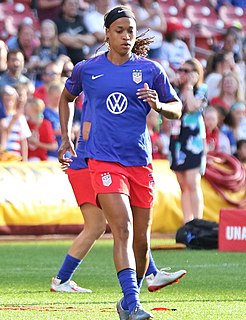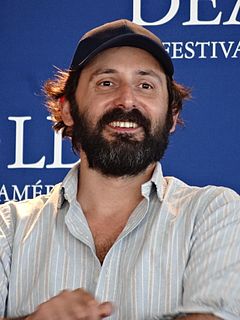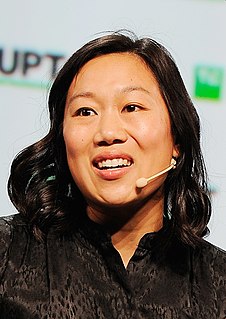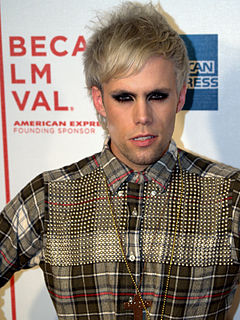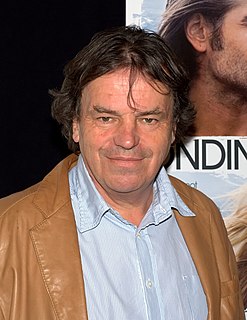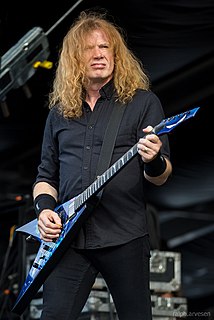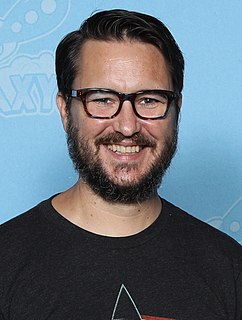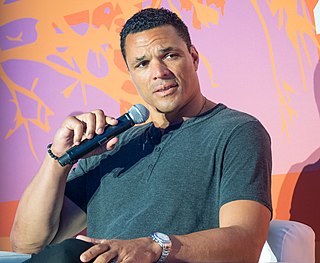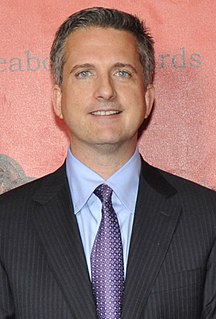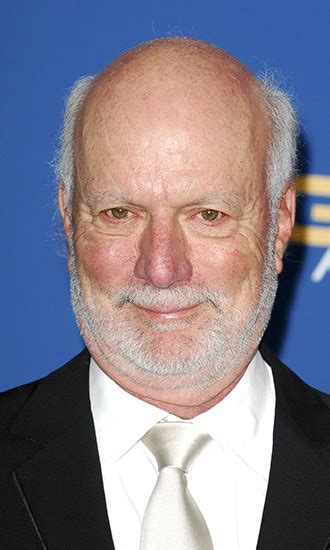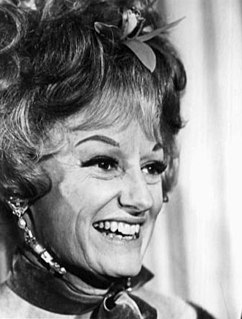A Quote by James Heckman
You have kids growing up in some of the worst circumstances financially, living in some of the worst ghettos, and they succeed. They succeed because an adult figure, typically a mother, maybe a grandmother, nourishes the kid, supports the kid, protects the kid, encourages the kid to succeed. It's as if the environment never happened.
Related Quotes
A real good artist is basically a grown-up kid, who never kills the kid. What we call being an adult is basically about killing the kid. People think you have to forget about the kid to become an adult and deal with grown-up problems. But, that's bullshit. We are still kids. It's the same, you just grow up. You're a kid with more experience.
I'm the youngest of six kids, and when a you're living in such a big family, you never really become an adult, and I'm so happy about that. At my 34, I think, "Even if I end up becoming a dad or something down the road, I don't think I'm ever going to be an adult. I'll just be a kid raising a kid.".

